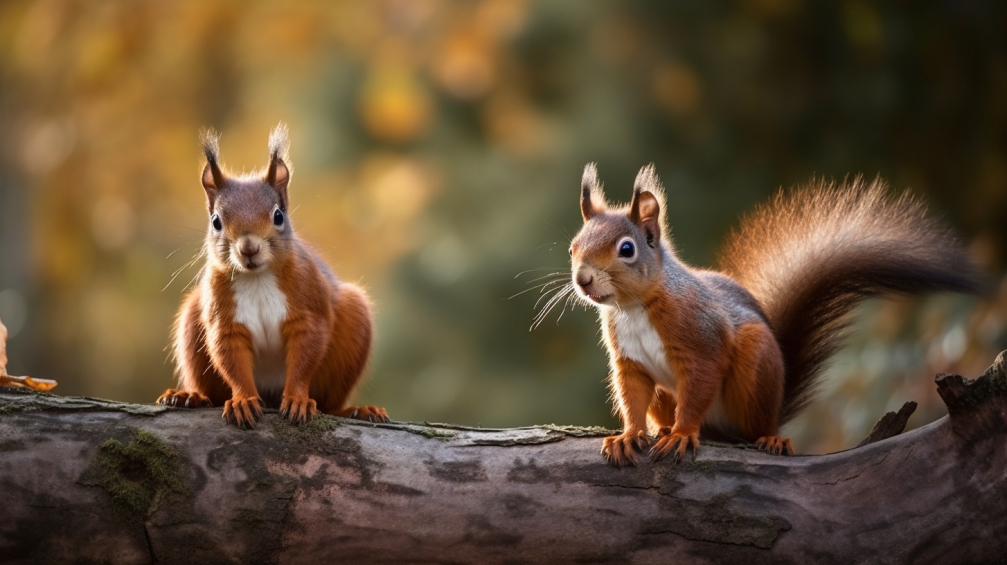Feeding wildlife might seem like a harmless gesture of kindness, but it can have severe consequences for both the animals and humans involved. Despite our best intentions, sharing human snacks with critters in parks can lead to a series of unfortunate events.
Human foods are not suitable for wild animals. Consuming our snacks can fill them up with the wrong nutrients, causing them to neglect their natural diet essential for survival. It’s like they’re on a mission to get chips or bust!
Dependence on human food is termed food conditioning, and it poses significant risks to wildlife. Animals may suffer from sickness, starvation, or even aggression if they become too reliant on handouts. Additionally, they may lose their fear of humans, resulting in behaviors like begging, stealing, or raiding backpacks and tents. Despite their apparent tameness, these animals are still wild and can react unpredictably if they feel threatened.
Let’s allow wildlife to stick to their natural diet. Feeding them isn’t just unsafe for them; it’s also risky for us. It’s crucial to understand the dangers posed by feeding wildlife and take appropriate measures to protect both animals and ourselves.
What You Can Do:
- Be a responsible wildlife observer: Refrain from feeding wildlife.
- Practice good hygiene: Dispose of trash properly and clean up after meals to avoid unintentionally attracting animals.
- Respect their space: Maintain a safe distance when observing wildlife and adhere to park regulations.
Remember, protecting our parks and the creatures within them is a shared responsibility. Spread the word to fellow nature lovers about the dangers of feeding wildlife and help keep our natural spaces wild and safe for everyone.
Download or share this card to spread awareness about the importance of not feeding wildlife. Together, let’s preserve the beauty and balance of nature. Thank you for doing your part in keeping wildlife wild!

